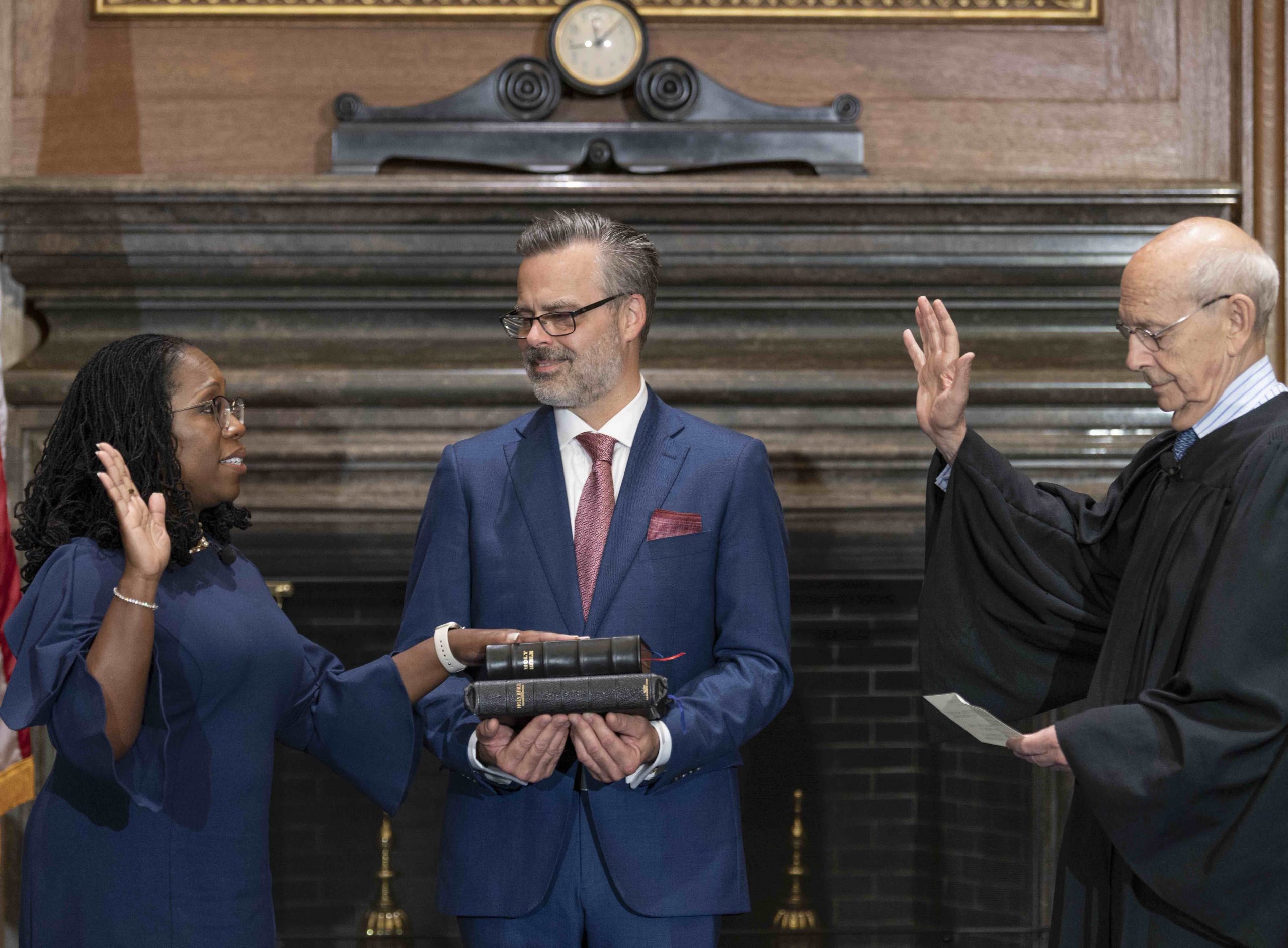SCOTUS Kicks Patent Eligibility Cases to the Curb in Last Move of the Term
“The Court also denied certiorari in Spireon, Inc. v. Procon Analytics, Inc., which presented identical questions to American Axle.”
The U.S. Supreme Court has denied certiorari in American Axle v. Neapco Holdings, Inc., leaving it up to Congress and the U.S. Patent and Trademark Office (USPTO) to restore any semblance of clarity on U.S. patent eligibility law for now.
Many expected that the Court would grant the petition after the U.S. Solicitor General in May recommended granting review. The SG’s brief said that inventions like the one at issue in American Axle have “[h]istorically…long been viewed as paradigmatic examples of the ‘arts’ or ‘processes’ that may receive patent protection if other statutory criteria are satisfied” and that the U.S. Court of Appeals for the Federal Circuit “erred in reading this Court’s precedents to dictate a contrary conclusion.” It also explained in no uncertain terms that claim 22 of the patent at issue in the case does not “simply describe or recite” a natural law and ultimately should have been held patent eligible.
But the Supreme Court justices today denied cert without comment in their last Orders List of the term. This leaves it up to Congress and the USPTO to take action to fix some of the unpredictability stakeholders have noted, as outlined just this week in the USPTO’s study on patent eligibility jurisprudence. The Office is continuing to solicit feedback on eligibility issues and will presumably announce changes via rulemaking or revised guidance at some point in the future.
Congress is currently exploring ways to reform the Patent Trial and Appeal Board (PTAB), but the eligibility issue has largely fallen off the map. Senators like Thom Tillis (R-NC) had been working to get a bill addressing eligibility issues passed, but explained in 2020 that efforts had stalled due to a lack of compromise. However, he and other members of congress have been pushing the USPTO to address eligibility directly, for example, through pilot programs like the “Deferred Subject Matter Eligibility Response (DSMER) Pilot Program.” That pilot allows eligible applicants who receive a subject matter eligibility rejection with prior art rejection(s) or indefiniteness rejection(s) to defer substantively responding to the Section 101 rejection until all other rejections have been withdrawn. The goal is to make the Section 101 analysis less “vague and subjective,” according to the letter sent by Tillis and Senator Tom Cotton (R-AR) in March 2021.
However, as noted in the USPTO’s recent eligibility report, while USPTO guidance/ action on eligibility may be helpful on the front end, it is not binding on the courts and thus is of limited value.
The Supreme Court also today denied certiorari in Spireon, Inc. v. Procon Analytics, Inc., a petition that was filed in April of this year and asked the Court to consider identical questions to those presented by American Axle.
Image Source: Deposit Photos
Author: Rawpixel
Image ID: 126319192
Eileen McDermott
Eileen McDermott is the Editor-in-Chief of IPWatchdog.com. Eileen is a veteran IP and legal journalist, and no stranger to the intellectual property world, having held editorial and managerial positions at […see more]







